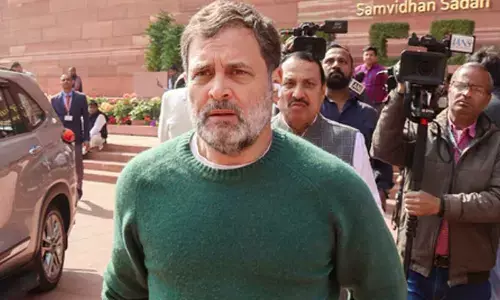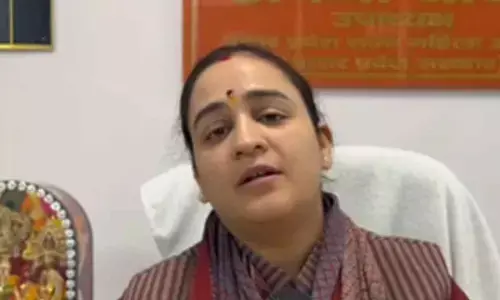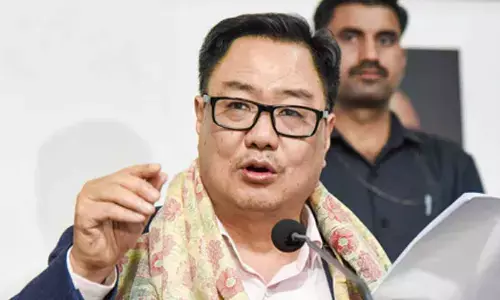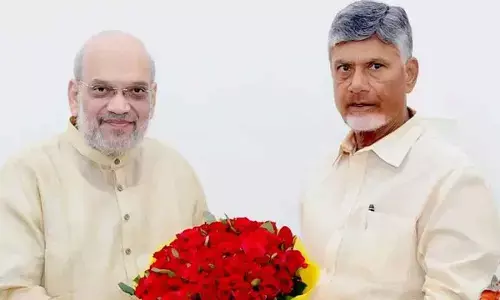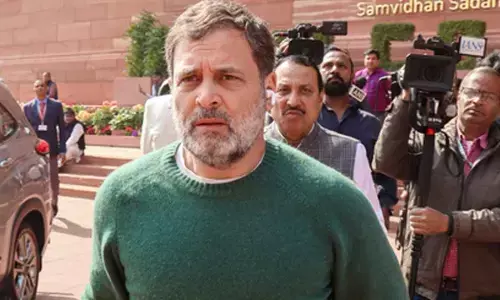Act of compassion can beget rich dividends
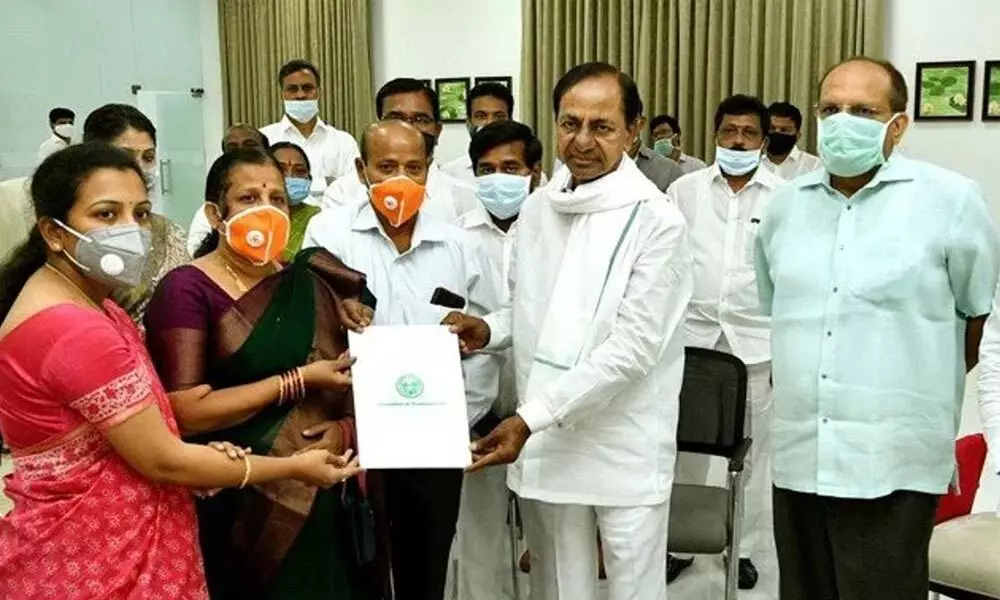
Act of compassion can beget rich dividends
The government of Telangana, a few days ago, offered, on a compassionate basis, employment to Santoshi, widow of Santosh Babu, Colonel in the Indian Army who was killed in the Galvan Valley clash with Chinese troops in the Ladakh area
The government of Telangana, a few days ago, offered, on a compassionate basis, employment to Santoshi, widow of Santosh Babu, Colonel in the Indian Army who was killed in the Galvan Valley clash with Chinese troops in the Ladakh area.
Apart from State and Central governments, all large organisations have their own way of dealing with the question of providing employment on compassionate grounds to the members of the families of employees who have lost their lives during the course of performing their jobs. In such cases, the normal requirements in relation to qualifications, such as age, education and experience etc., are usually relaxed, sometimes even substantially. Such relaxations are necessary because the persons to be appointed cannot be expected to fulfill the standard requirements, given the circumstances. Usually, however, such appointments are offered at the lower levels in the hierarchies of the organisations concerned.
In the Central and the State governments, for instance, such persons are appointed as attenders or clerical staff. For example, when an officer of the Reserve Bank of India in Hyderabad died in a road accident while travelling on duty in the then Jammu and Kashmir, his wife was appointed as a messenger in the Bank's Jaipur office on her choice. Little wonder, then, that the appointment made by the Telangana government should have caused some surprise. Not, mind you, that anyone grudges the lady the generosity of the gesture. Viewed purely from the point of view of compassion, it was a fully justified gesture on the part of the State government. But whether the appointed person can rise to the expectations, in terms of functions and responsibilities, of the position of a Deputy Collector accorded to her is the point being raised. My own response is a loud and clear 'yes!'
My point is that even persons who possess all the requisite educational qualifications, have the essential physical and mental capacities and are able to impress interview boards with their personalities do, after all, require extensive and intensive training before they are entrusted with functions and responsibilities in public offices. So, why should it matter if a given person is somewhat short in some of these parameters? At the best, he or she may require that much more of preparation and training. This is particularly so in a position such as that of a Deputy Collector in which no technical expertise is required in their work. Surely, one is not expecting governments to appoint such persons as doctors or engineers while expressing their compassion! And, in any case, it is not as though such instances occur in large numbers. I therefore feel that the reservations entertained in certain quarters about such appointments are totally unjustified.
And it is not as though such extraordinary appointments are made only in cases where employees die in service. They are done in recognition of achievements in fields such as sports, culture etc. For instance, P V Sindhu, the badminton player has recently been appointed by the Andhra Pradesh government. Ajit Wadekar, formerly the Captain of the India cricket team, was appointed as an officer by the SBI! Such appointments are primarily a token of appreciation of their accomplishments. Similarly, appointments made on compassionate grounds are essentially to be seen as a gesture of sympathy and consideration for the persons who have suffered a tragic loss of a parent, the bread winner.
So far as the manner in which such persons discharge their duties is concerned, there is no reason at all why they should not perform as well as their colleagues, given requisite training and guidance. In fact, experience has shown that they bring much greater devotion and dedication to their work on account of the feeling of gratitude they nurture that they need to prove their mettle in view of the unusual circumstances in which their appointment was made.
At this stage, it must be pointed out that there are those who are not quite in agreement with this approach to the issue under discussion. Their argument is that acts of valour or sacrifice, or for outstanding accomplishments in sports, culture etc., can be recognised and rewarded, in fact, even generously, but not necessarily through the route of offering appointments. They argue for that that there are already reservations for categories such as those belonging to Scheduled Caste, Scheduled Tribes, the physically and mentally challenged and sportspersons in public service as well as in academic institutions. Encroaching further upon the limited space available through making extraordinary appointments of the type being discussed, will, according to them, only serve to discourage those from the open competition categories who have to compete within that space. If the surviving family of a diseased employee is otherwise well to do, a compassionate appointment may not be necessary. An alternative method of expressing sympathy to the family can be thought of either in monetary terms or otherwise. The "some other form" assistance (instead of an actual appointment) in the case of compassionate appointments, can also be in the shape of giving the family the salary of the diseased employee, together with the increments, until the date on which that employee would have superannuated.
Similarly, appointments being presently made in recognition of outstanding achievements in arts, culture etc., can be substituted with "honorary" appointments where the social status (and, perhaps, some perks), can be attached but without actually filling up a post that can be occupied by a deserving person in the normal circumstances. For instance, MS Dhoni, formerly the captain of the India cricket team has been made a Colonel in the Indian Army. Such persons can also be used in some committees etc., thereafter. Presently compassionate appointments are made to supernumerary posts created for that purpose, not to substantive vacancies in the cadre of any type of post.
(The writer is former Chief Secretary, Government of Andhra Pradesh)









